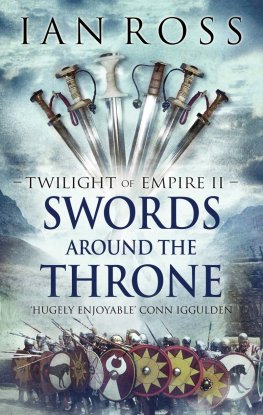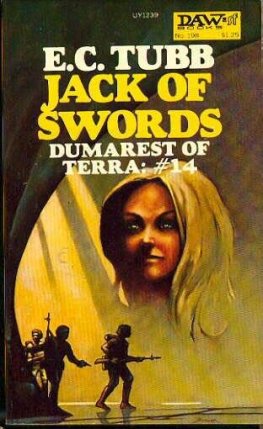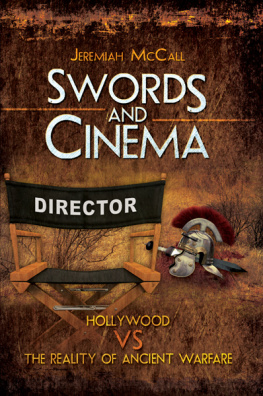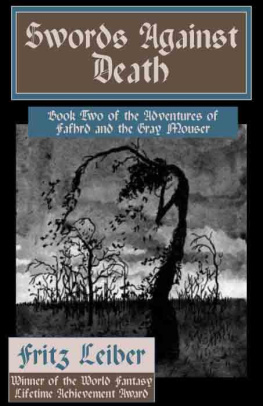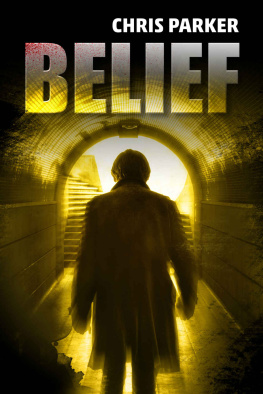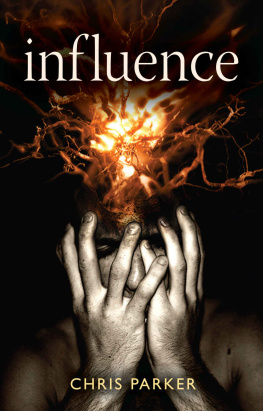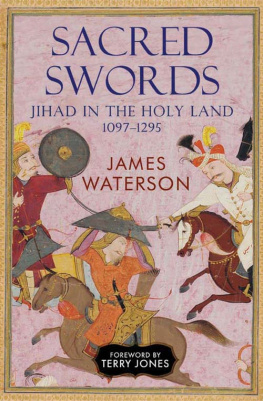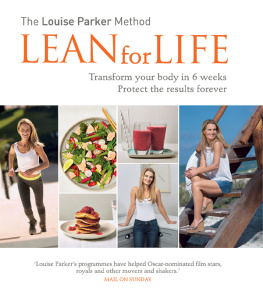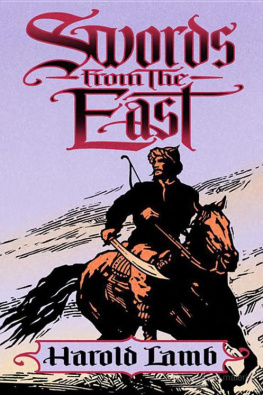K. J. Parker - The Two of Swords, Part 16
Here you can read online K. J. Parker - The Two of Swords, Part 16 full text of the book (entire story) in english for free. Download pdf and epub, get meaning, cover and reviews about this ebook. year: 2017, publisher: Orbit, genre: Art. Description of the work, (preface) as well as reviews are available. Best literature library LitArk.com created for fans of good reading and offers a wide selection of genres:
Romance novel
Science fiction
Adventure
Detective
Science
History
Home and family
Prose
Art
Politics
Computer
Non-fiction
Religion
Business
Children
Humor
Choose a favorite category and find really read worthwhile books. Enjoy immersion in the world of imagination, feel the emotions of the characters or learn something new for yourself, make an fascinating discovery.

- Book:The Two of Swords, Part 16
- Author:
- Publisher:Orbit
- Genre:
- Year:2017
- Rating:3 / 5
- Favourites:Add to favourites
- Your mark:
- 60
- 1
- 2
- 3
- 4
- 5
The Two of Swords, Part 16: summary, description and annotation
We offer to read an annotation, description, summary or preface (depends on what the author of the book "The Two of Swords, Part 16" wrote himself). If you haven't found the necessary information about the book — write in the comments, we will try to find it.
The Two of Swords, Part 16 — read online for free the complete book (whole text) full work
Below is the text of the book, divided by pages. System saving the place of the last page read, allows you to conveniently read the book "The Two of Swords, Part 16" online for free, without having to search again every time where you left off. Put a bookmark, and you can go to the page where you finished reading at any time.
Font size:
Interval:
Bookmark:
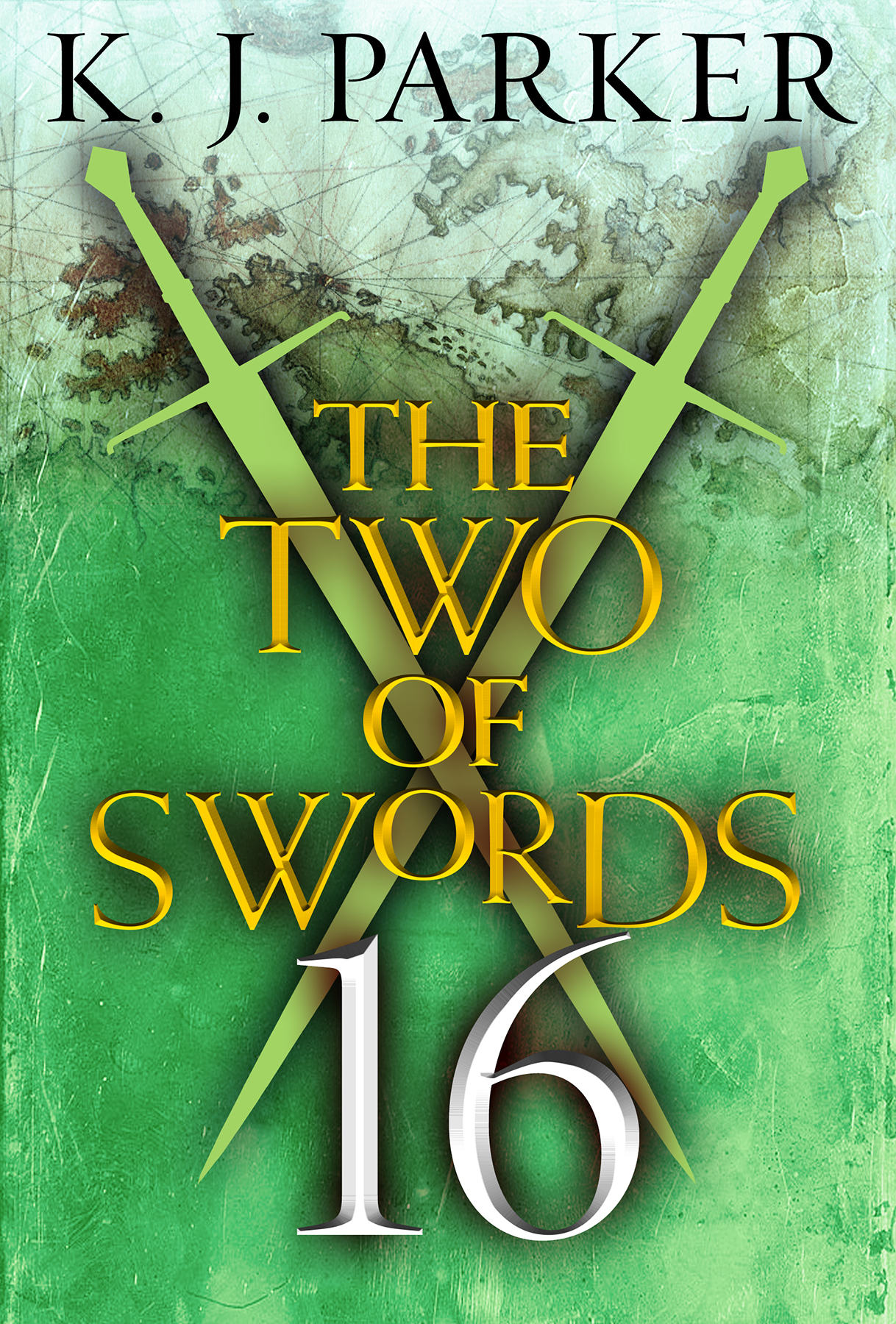
This book is a work of fiction. Names, characters, places, and incidents are the product of the authors imagination or are used fictitiously. Any resemblance to actual events, locales, or persons, living or dead, is coincidental.
Copyright 2017 by K. J. Parker
Cover design by Kirk Benshoff
Cover copyright 2017 by Hachette Book Group, Inc.
Hachette Book Group supports the right to free expression and the value of copyright. The purpose of copyright is to encourage writers and artists to produce the creative works that enrich our culture.
The scanning, uploading, and distribution of this book without permission is a theft of the authors intellectual property. If you would like permission to use material from the book (other than for review purposes), please contact permissions@hbgusa.com. Thank you for your support of the authors rights.
Orbit
Hachette Book Group
1290 Avenue of the Americas
New York, NY 10104
orbitbooks.net
orbitshortfiction.com
First ebook edition: September 2017
Orbit is an imprint of Hachette Book Group.
The Orbit name and logo are trademarks of Little, Brown Book Group Limited.
The publisher is not responsible for websites (or their content) that are not owned by the publisher.
The Hachette Speakers Bureau provides a wide range of authors for speaking events. To find out more, go to www.hachettespeakersbureau.com or call (866) 376-6591.
ISBN 978-0-316-27195-0
E3-20170818-JV-PC
Colours in the Steel
The Belly of the Bow
The Proof House
Shadow
Pattern
Memory
Devices and Desires
Evil for Evil
The Escapement
The Company
The Folding Knife
The Hammer
Sharps
The Two of Swords: Volume One
The Two of Swords: Volume Two
The Two of Swords: Volume Three
The Two of Swords (e-novellas)
Expecting Someone Taller
Whos Afraid of Beowulf?
Flying Dutch
Ye Gods!
Overtime
Here Comes the Sun
Grailblazers
Faust Among Equals
Odds and Gods
Djinn Rummy
My Hero
Paint Your Dragon
Open Sesame
Wish You Were Here
Only Human
Snow White and the Seven Samurai
Valhalla
Nothing But Blue Skies
Falling Sideways
Little People
The Portable Door
In Your Dreams
Earth, Air, Fire and Custard
You Dont Have to be Evil to Work Here, But It Helps
Someone Like Me
Barking
The Better Mousetrap
May Contain Traces of Magic
Blonde Bombshell
Life, Liberty and the Pursuit of Sausages
Doughnut
When Its A Jar
The Outsorcerers Apprentice
The Good, the Bad and the Smug
The Management Style of the Supreme Beings
Dead Funny: Omnibus 1
Mightier Than the Sword: Omnibus 2
The Divine Comedies: Omnibus 3
For Two Nights Only: Omnibus 4
Tall Stories: Omnibus 5
Saints and Sinners: Omnibus 6
Fishy Wishes: Omnibus 7
The Walled Orchard
Alexander at the Worlds End
Olympiad
A Song for Nero
Meadowland
I, Margaret
Lucia Triumphant
Lucia in Wartime
To Saevus Andrapodiza, all human life had value. This revelation came to him in a moment of transcendent clarity as he looked out from the summit of Mount Doson over the fertile arable plains of Cors Shenei in central Permia. Every man, woman and child, regardless of age, ability, nationality, religion, sexual orientation or social class was valuable and must be treated as such. His task, he realised, was finding someone to buy them all.
As a native of East Permia, he was free from the restrictive laws of the two empires, where slavery had been illegal for a hundred and fifty years, ever since excessive reliance on servile labour had threatened to wipe out the yeoman class, from whom the Imperial army was almost exclusively drawn. In Permia, with the lowest level of population per square mile in the inhabited world, there were no such considerations. When Saevus embarked on his mission, the price of a field hand in Permia was nine oxen, thirty ewes or forty pigs, making good help unaffordable to the hard-working farmers who were the backbone of the nation. He set out to change all that.
He considered the proposition from the supply end. Because Permia had been at peace with its neighbours for generations, the supply mostly came from breeders, who naturally had to recoup the costs of fifteen years of careful nurture, together with the ongoing expense of the brood stock. But there were wars practically everywhere else; stockades crammed with surrendered prisoners, the women and children of captured cities slaughtered simply because they werent worth anything to anybody. Prices at the pithead, so to speak, were ridiculously cheap; the real expense lay in transporting the goods to Permia, across some of the worst roads in the world.
Perhaps Saevus greatest gift was his vision, his ability to see clearly, his sense of perspective. Before he entered the business, slave caravans limped through the high mountain passes between Rhus and Permia in gaggles of ten or twenty, moving at the pace of the slowest lame man or sickly child; and why? Because the traders were small operators, undercapitalised, inefficient. Saevus had a ship built, at that time the biggest merchant vessel ever constructed. With a full load of seven hundred, it could cover the distance between Aelia Major and Permia in ten days, as opposed to the six weeks needed by an overland caravan to cover the same distance. The cost of the ship was staggering, but, from the moment its keel bit the surf, Saevus was saving money. Marching rations of a pound and a half of barley bread per day for six weeks amounted to sixty-one pounds of bread, at a cost of an angel sixteen. Shipboard rations, a generous pound per day for ten days ten pounds, nineteen stuivers, a saving of eighty-five per cent. Furthermore, the mortality rate overland was between forty and sixty per cent, so half the outlay was liable to be wasted, expensive bones bleaching by the roadside, dead loss. Aboard Saevus ship, the death rate was a trivial fifteen per cent.
War is always with us; even so, it wasnt long before Saevus Andrapodiza had dried up the pool of young, able-bodied men available for purchase, or at least generated a demand that far outstripped supply. By keeping his prices to the end user as low as he possibly could, hed stimulated the Permian economy, doubling grain yields in under a decade, with the result that more and more Permians were able to afford a slave, or two, or five. Land which since time immemorial had been dismissed as useless was now coming under the plough, as thousands of reasonably priced hands swung picks and mattocks, shifting millions of tons of stones and hacking out terraces on windswept hillsides. More and better farms called for more and better tools, which someone had to make, from materials that someone had to fell or mine; and more money in circulation meant more people could afford the better things in life, and the craftsmen who supplied them couldnt cope without help. Permia was crying out for manpower, but all the wars in the world couldnt keep pace. For a while, Saevus looked set to be the victim of his own success.
Its a true measure of the man that he made this setback into an opportunity. Obviously, perfect physical specimens were the ideal; but life, he argued, isnt like that. Take any small family-run farm or workshop; look at who actually does the work. Its not just the man and his grown-up son. Everyone is involved women, children, the old folks, the feeble, the sick. Saevus often talked about a farm hed visited as a boy, where the farmers aunt, seventy years old and missing an arm, still made a precious contribution keeping an eye on the sheep, collecting the eggs, leading the plough-horses, sorting through the store apples. Everyone is valuable not necessarily of equal value, it goes without saying, but thats just a matter of appropriate pricing, and there were smallholders and small-scale artisans whod be glad of any help they could get, assuming the price was one they could afford to pay. What was more, these hitherto neglected categories of livestock came with hidden benefits. Children grew into adults. Old men had skills and valuable experience. Many women had significant recreational as well as practical value. A one-legged crone might look like shes not worth her feed, but shes bound, over the course of a long life, to have learned how to do something useful, and you dont need two legs to card wool or ret flax or plait straw or sort and bag up nails: all the tedious, repetitive, time-devouring little jobs that somehow have to get done if the householders hard work in the field or at the workbench is to be turned into money.
Font size:
Interval:
Bookmark:
Similar books «The Two of Swords, Part 16»
Look at similar books to The Two of Swords, Part 16. We have selected literature similar in name and meaning in the hope of providing readers with more options to find new, interesting, not yet read works.
Discussion, reviews of the book The Two of Swords, Part 16 and just readers' own opinions. Leave your comments, write what you think about the work, its meaning or the main characters. Specify what exactly you liked and what you didn't like, and why you think so.

